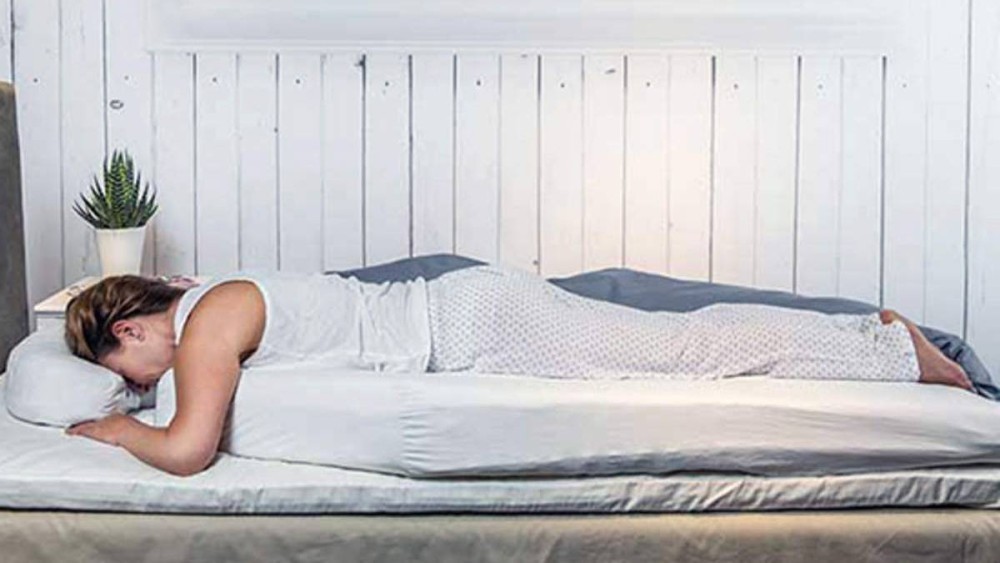
With decades invested in improving sleep quality, the BSC educates consumers on the link between sleep and health, and the role of the sleep environment, primarily through partner support and consumer outreach.If you’re positioned correctly, sleeping on your back can be incredibly beneficial. The Better Sleep Council is the consumer education arm of the International Sleep Products Association, the trade association for the mattress industry. Side sleepers (Log, Yearner, Fetal) – Side sleeping is one of the most common ways to sleep sleep specialists recommend you sleep on your side in order to rest more comfortably and lessen the likelihood of interrupted sleep.įor more information on sleep positions, including visuals on each one, visit.Try using a soft pillow or none at all when sleeping, so your neck won’t be at an awkward angle.



Our sleep positions can tell us other things about ourselves too. Also, people who sleep in the Starfish or Log positions are more likely to sleepwalk. For example, people who sleep in the Log position report getting a better night sleep than those in the Fetal. Differences between age groups became apparent in reported sleep position preferences as well: Gen Xers and Millennials were more likely to sleep in Freefall position (arms and legs outstretched) than Baby Boomers.Īlthough sleeping position is largely a matter of perceived comfort and habit, the study found sleep positions affect sleep quality. The study, commissioned by the Better Sleep Council (BSC), the nonprofit consumer-education arm of the International Sleep Products Association, found those who reported higher levels of education, such as graduate school or more, were less likely to sleep in Fetal position – the most common sleeping position among Americans (47%).

News release from the Better Sleep Council, the consumer-education arm of the International Sleep Products Association Does Sleep Position Indicate Intelligence? Research from the Better Sleep Council uncovers how you sleep may reveal more than you thinkĪLEXANDRIA, Virginia – Aug– New research suggests the position you sleep in may tell you a lot about yourself – your health, your age, perhaps even your education level.


 0 kommentar(er)
0 kommentar(er)
